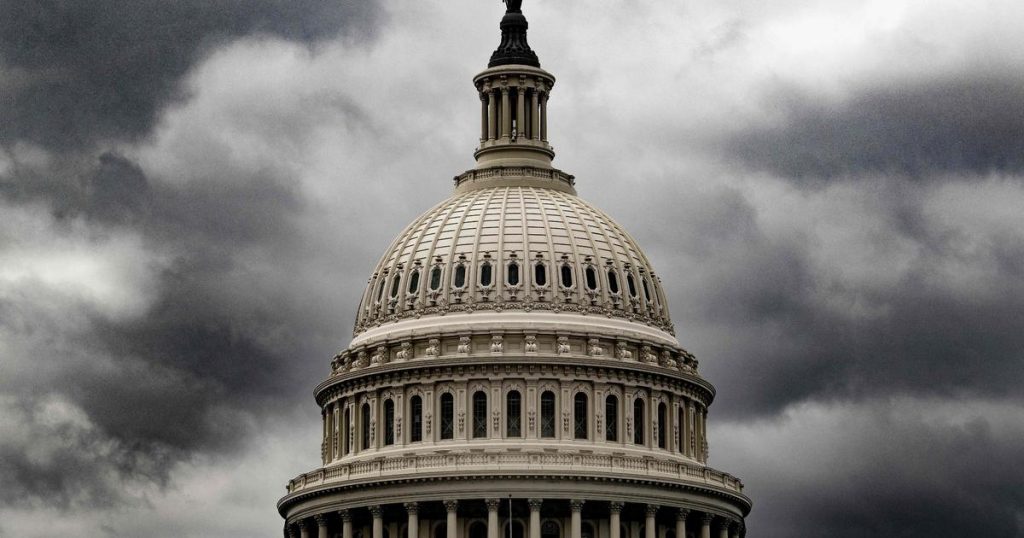Lawmakers in Congress recently approved two funding bills to keep the government open and avoid a shutdown. This resolved a funding fight that had stretched on for months, but the process is set to start all over again. While delays in approving annual spending bills are common in Washington, Republican lawmakers made an effort to do things differently this time. They wanted to limit spending, take up funding bills individually, set a deadline for passing full-year spending bills, and split the massive spending package into two pieces to avoid the usual omnibus bill.
The budget process is outlined in the Congressional Budget and Impoundment Control Act of 1974, but Congress rarely sticks to the timeline laid out. Most years, Congress relies on continuing resolutions and omnibus packages to fund the government after failing to pass the 12 appropriations bills on time. Shutdowns are costly and unpopular, causing a loss of billions of dollars and severely impacting government approval ratings. However, shutdown threats can also be used to pass legislation that might not otherwise be possible. Lawmakers have strong incentives to avoid shutting down the government despite the dysfunction it represents.
House conservatives pushed for individual spending bills and cuts to overall spending, which led to delays in passing the funding packages. The dynamic shifted after the debt ceiling deadline was approached in the summer, and House Republicans strived to reform the appropriations process. But despite efforts to change the process, when the dust settled, Congress largely stuck to its usual ways, much to the disappointment of Republicans who had hoped for change. Reform efforts were blocked due to the unrealistic policies pushed by House conservatives, which had little chance in the Senate.
Despite frustrations and disappointments, some lawmakers have ideas for how to improve the appropriations process. Suggestions include delaying the selection of a new committee chair to focus on reform, returning to a time when appropriations bills were individually passed with bipartisan support, and implementing reforms like zero-based budgeting and involving more members in the process. Looking ahead to the next deadline to fund the government at the end of September, the appropriations process is already falling behind schedule. Factors like the upcoming election season and possible party control shifts could further delay the process.
Senator Patty Murray, the Democratic appropriations chair in the Senate, emphasized the importance of learning from the recent funding process and finding ways to work together in a divided government. While bipartisan bills are possible, the challenges of negotiating with House Republicans and navigating partisan issues need to be addressed. It remains to be seen whether future funding fights will see any significant changes in the appropriations process or if Congress will continue to rely on last-minute solutions to keep the government funded.


